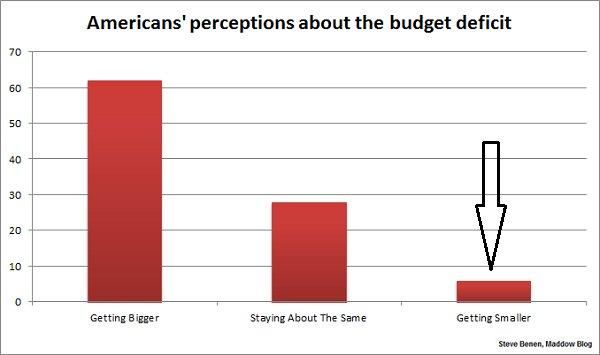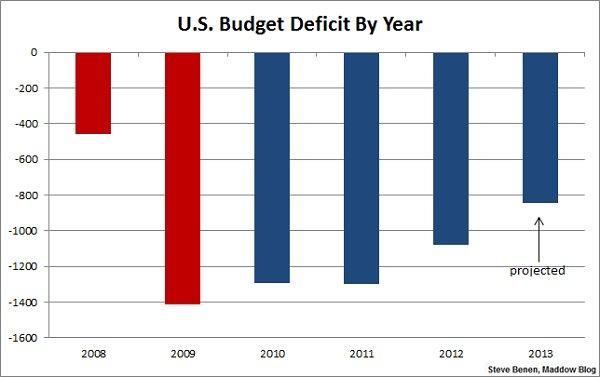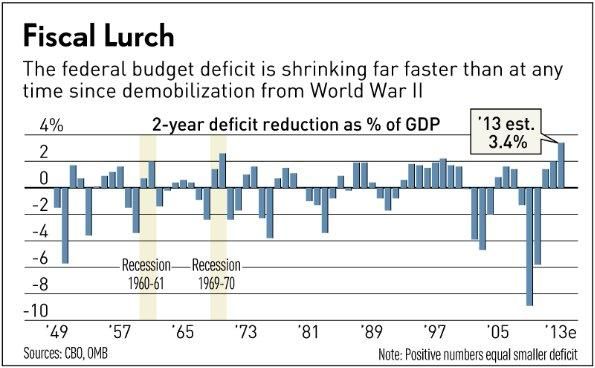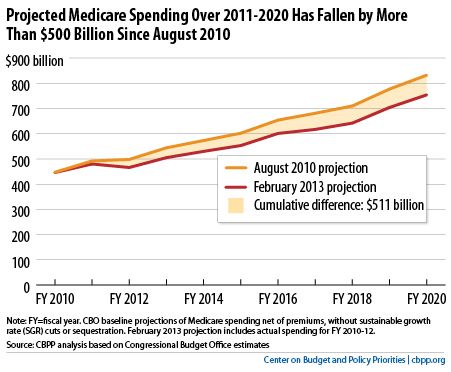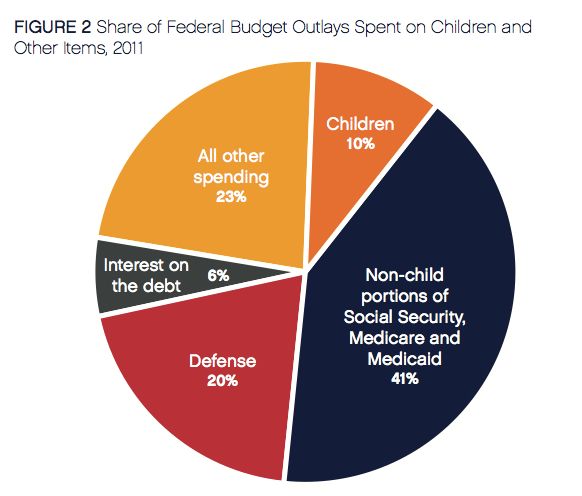Anyone who is committed to social justice should know by now that you can never declare victory and go home. The struggle in this world is always ongoing. So in that sense - you never "win."
But one of the things that has always intrigued me is how so many on the left seem to almost have a distaste for acknowledging the small steps of progress when we are winning. I'm one who happens to think that if you always see the glass as half-empty, you are likely to miss understanding how progress is actually made.
As we've watched the achievements of President Obama over these last 4 years, many of us have felt the need to remind our fellow progressives that the suffragettes threw black women under the bus to achieve the right of women to vote, FDR did the same thing to women and African Americans to get Social Security, and Congress watered down the 1964 Civil Rights Act's enforcement on private businesses in order to break a filibuster. And yet all of those were milestones in this country's progressive journey. As painful as it is - that's what "winning" looks like.
I was reminded of all this today when reading an article by
Digby at Hullabaloo.
But I'm going to guess that the major battles of the coming years are going to be around the fundamental role of government, with labor and social insurance at the top of the list. And on that, I see no signs that the GOP is prepared to moderate. In fact, the Democratic Party isn't much better on those issues and shows little sign of truly pulling in the opposite direction.
I agree...the GOP is showing no signs of moderating. But that's not what opposition parties do. In the face of clear loses in the last election, the Republicans have made the choice to fully embrace opposition.
But it still boggles the mind to think that there are liberals who assume that Democrats aren't much better on issues related to labor and social insurance than the Republicans are. It seems that folks like Digby assume that efforts to voucherize Medicare and privatize Social Security are no different than a pragmatic awareness of the
long-term challenges those programs face. We can certainly disagree amongst ourselves about how to address those challenges. But to assume that the ones embraced by Democrats are no different than those of the Republicans is sheer madness.
I would remind Digby of the quote EJ Dionne used recently about the stage of the struggle we're currently in:
first you win the argument...then you win the vote. According to
Pew Research, we're certainly winning the argument when it comes to the role of government. As I've said before, lets not mistake Republican malevolence for success.
Digby goes on from there.
...on the fundamental battle over the role of government, they [Republicans] have been winning and they know they've been winning. After all, Obamacare, their most hated new government initiative was a GOP plan not even two decades ago.
They aren't all stupid, especially those who are working to restore our society to a pre-New Deal state. It would be really helpful if Democrats stopped being so cocky and started recognizing how much they have been losing on policy even as they've been winning elections. The country is losing either way.
On that reference to Obamacare, please notice that Digby did a bait-and-switch. Her argument is that Republicans are winning the battle on the role of government. Just because previous generations of Republicans supported a larger role for government when it comes to health care doesn't make her point. That would be like saying that because Republicans at one time in their history supported the abolition of slavery, it would be a losing argument for Democrats to embrace the idea now.
The question is whether or not Obamacare advances the cause of an effective role for government in health care. I'd suggest that the largest expansion of Medicaid in that program's history (which Republican governors are increasingly embracing) along with insurance reforms (such as denying exclusions for -re-existing conditions, community ratings, medical loss ratios, exclusion of lifetime caps, and exchanges) do a pretty good job of advancing the idea that government can play an effective role.
So no, I'm not going to stop being "so cocky" because we're not losing. The need to prop this current crop of Republicans up as not being "all stupid" is the losing strategy here. As a matter of fact, my favorite word for what the Republicans are doing these days is not just "stupid," its "lunacy."
The struggle is ongoing, and at this point we're winning. I'd suggest that progressives get on board by recognizing that reality.




